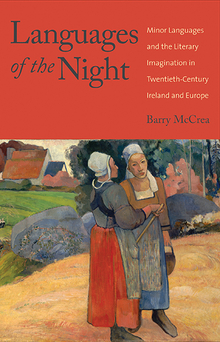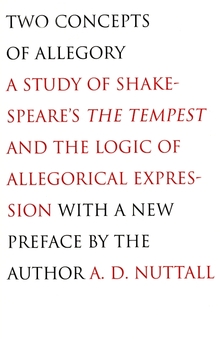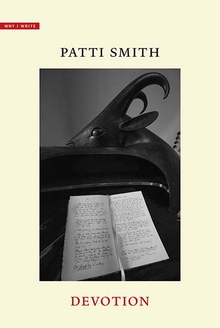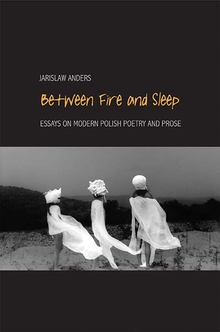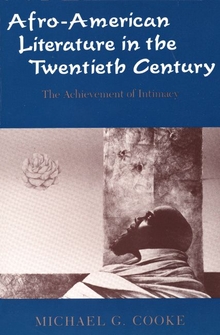Languages of the Night
WARNING
You are viewing an older version of the Yalebooks website. Please visit out new website with more updated information and a better user experience: https://www.yalebooks.com
Minor Languages and the Literary Imagination in Twentieth-Century Ireland and Europe
Barry McCrea
In the first decades of the twentieth century, rural populations throughout Europe changed the language they used in everyday life, abandoning their traditional vernaculars—such as French patois, local Italian dialects, and the Irish language—in favor of major metropolitan languages such as French, Italian, and English. .
In this book, Barry McCrea argues that the sudden linguistic homogenization of the European countryside was a key impulse in the development of literary modernism. The decline of rural vernaculars caused these languages to become the objects of powerful longings and projections. Seán Ó Ríordáin in Ireland and Pier Paolo Pasolini in Italy reshaped minor languages for use as private idioms of poetry; the revivalist idealization of Irish as a lost utopian language deeply affected the work of James Joyce; the disappearing dialects of northern France seemed to Marcel Proust to offer an escape from time itself.
Drawing on a broad range of linguistic and cultural examples to present a major reevaluation of the sources and meanings of European literary modernism, Barry McCrea shows how metropolitan literary culture was fundamentally shaped by the vanishing vernaculars of the European countryside.
In this book, Barry McCrea argues that the sudden linguistic homogenization of the European countryside was a key impulse in the development of literary modernism. The decline of rural vernaculars caused these languages to become the objects of powerful longings and projections. Seán Ó Ríordáin in Ireland and Pier Paolo Pasolini in Italy reshaped minor languages for use as private idioms of poetry; the revivalist idealization of Irish as a lost utopian language deeply affected the work of James Joyce; the disappearing dialects of northern France seemed to Marcel Proust to offer an escape from time itself.
Drawing on a broad range of linguistic and cultural examples to present a major reevaluation of the sources and meanings of European literary modernism, Barry McCrea shows how metropolitan literary culture was fundamentally shaped by the vanishing vernaculars of the European countryside.
Barry McCrea is the Keough Family Chair of English, Comparative Literature and Irish Studies at the University of Notre Dame and teaches at the university’s campuses in Indiana, Dublin, and Rome. He is the author of the novel The First Verse, which won the 2006 Ferro-Grumley prize for fiction, and In the Company of Strangers: Family and Narrative in Dickens, Conan Doyle, Joyce, and Proust.
“Lyrical, elegant, haunting, Languages places modernism at the fulcrum of linguistic loss and transubstantiation, traditional and avant-garde communities. McCrea models a new comparative literature, attuned to the aesthetic, historical, and local.”—Katie Trumpener, author of Bardic Nationalism: The Romantic Novel and the British Empire
“In this brilliant, moving book, Barry McCrea deploys his astonishing skills as a linguist, novelist, and literary critic to examine the resurgence of dead and dying vernaculars in European modernism. He focuses on a neglected strand in modernism, transforming our conception of the whole, and reveals that urban European modernism was haunted by the undead idioms of its peripheries.”—Maud Ellmann, University of Chicago
“Languages of the Night steadily gathers force as readings on Joyce, Pasolini, and Proust accumulate. Formulating a wholly new approach to literary modernism, McCrea shows how modernism took up the languages disappearing across early twentieth-century Europe and made utopian worlds which seem as if they are just next door.”—Nancy Armstrong, Duke University
“[A] wonderfully illuminating new study of the relationship between minority languages and modernism.”—Fintan O’Toole, The New York Review of Books
Winner of the 2016 René Wellek prize sponsored by the American Comparative Literature Associaiton.
ISBN: 9780300185157
Publication Date: April 28, 2015
Publication Date: April 28, 2015
200 pages, 5-1/2 x 8-1/4

